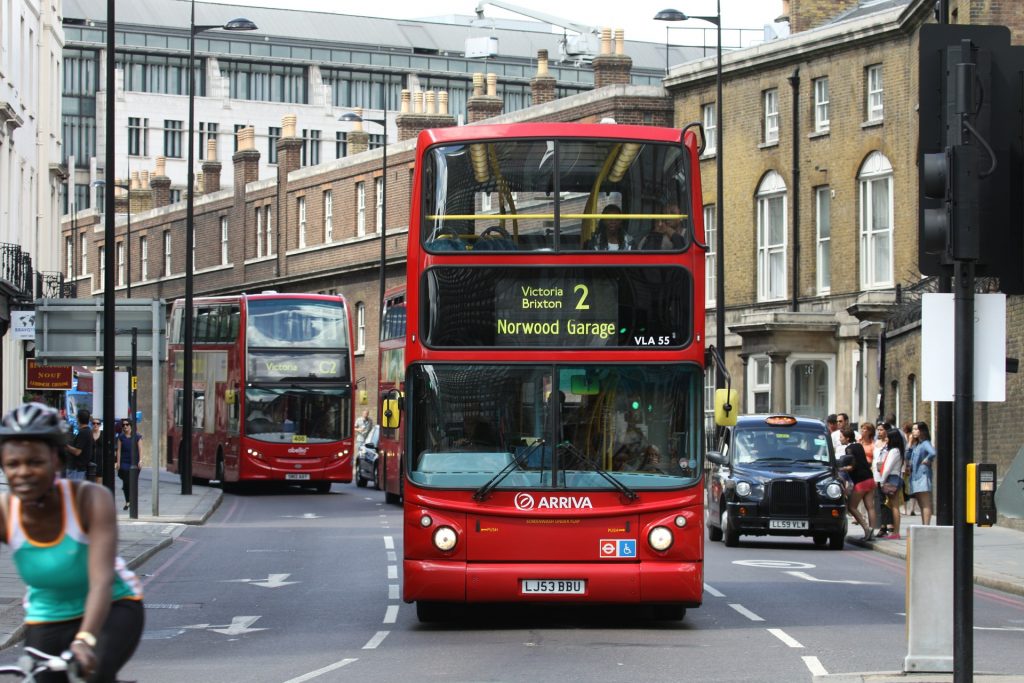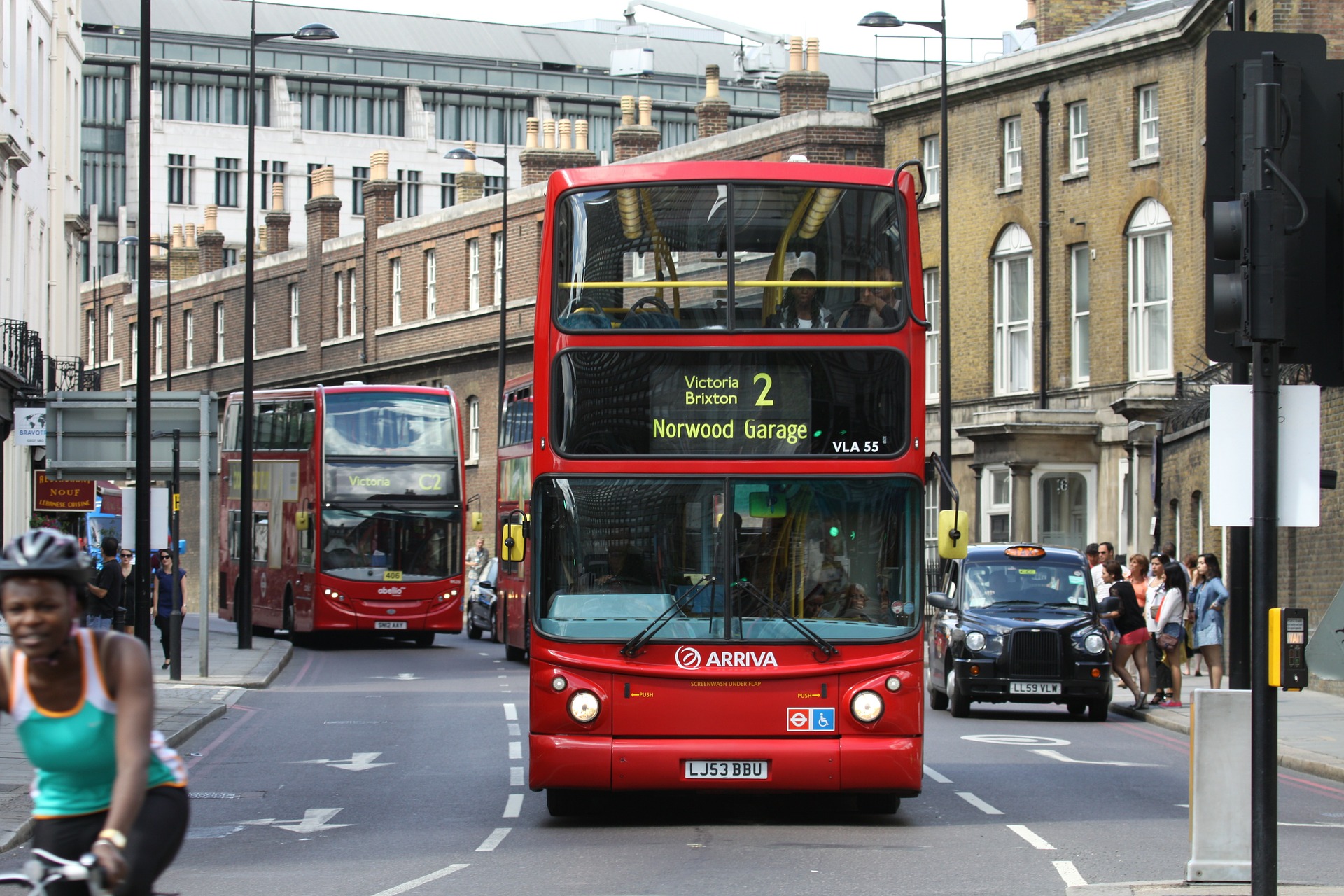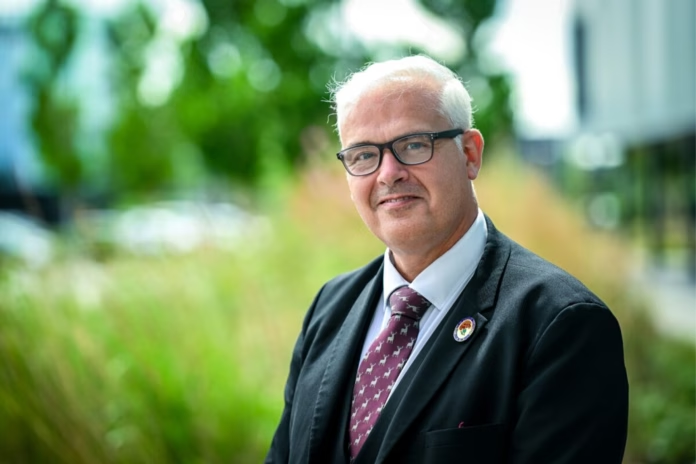Local authorities subsidised concessionary travel for pensioners by £652m in 2017-18, piling the pressure on their overstretched budgets, and the problem is set to get worse for some councils under the new Fair Funding formula.
The analysis comes from Paul Woods, interim chief finance officer for the North East Combined Authority, who presented evidence to the House of Commons’ Transport Select Committee last week.
Upper tier councils are required to reimburse local bus operators for all journeys made on older people’s “freedom passes” within their areas, without taking into account where the passholder is resident.
Woods says that all of the additional £666m funding provided by Parliament to fund the scheme has in effect been cut since 2010/11.
This cut has not been done transparently, with the money being absorbed within wider funding for upper tier services, now forming part of the Settlement Funding Assessment block, and with many MPs unaware the money has disappeared.
The councils under the greatest pressure are those with well-developed bus networks, more pensioners on low incomes, low car ownership and with attractions that draw in visitors from other areas, such as Cumbria and London.
Consequently, Woods says that the proposal from the Ministry of Housing, Communities, and Local Government (MHCLG) for funding concessionary travel through a foundation formula based largely on resident population and without consideration of the factors listed above is a “cause for considerable concern.”
Woods told Room 151: “I don’t think the government appreciates the implications of what they are proposing.
“However, it does have certain benefits for the department.
“Firstly, they won’t have to have a separate formula and they will therefore keep the lack of transparency.

“They won’t have to restore the cuts that have been made, and the end result is that they will also move money from urban areas to rural ones, which is a tick in the political box.”
He went on: “I think this is a very significant issue which has not really come to the fore.”
Woods says that a new solution to the funding of concessionary travel needs to be found, working with the Department for Transport.
“This could include the restoration of a visible full funding of concessionary travel reimbursement costs, with more direct reimbursements of costs to local travel authorities.
“This could form part of a new national bus strategy.”
Otherwise, the government could look at reforming the policy, through means-testing or introducing a flat rate of support, but it would need to enter into a public dialogue before doing this.
Woods said to Room 151: “Either the government have got to sit up and put the money in for a national service, or they have to enter into a discussion with councils and user groups about alternatives.”











